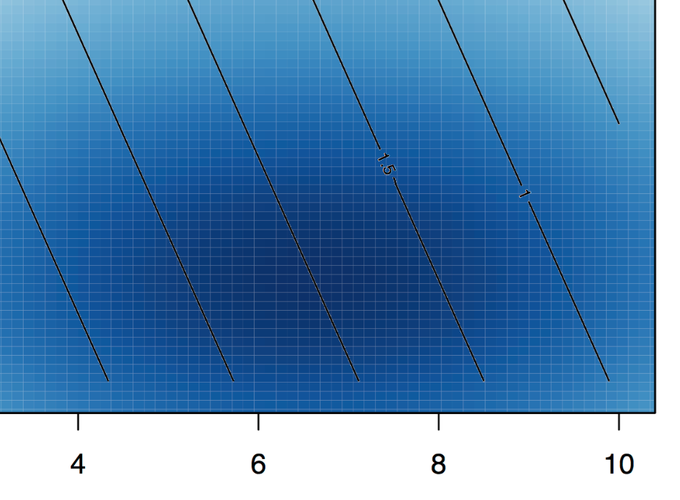Embracing Uncertainty: A Probabilistic View of HTTP Video Quality

Embracing Uncertainty: A Probabilistic View of HTTP Video Quality
Abstract
When dealing with Quality of Experience (QoE) and in particular perceptual quality assessment and modeling, averaging is a common occurrence. For instance, the most commonly used measure of QoE is the aptly-called Mean Opinion Score (MOS), which is intended to represent an idealized average subject’s rating of the quality. Another form of averaging occurs when choosing and preparing the samples used for the assessment, which are supposed to be representative of an average viewing situation. This leads to nice, smooth scalar representations of quality, but at the same time, it leads to a loss of information. In this paper we present a first step towards working with all the information available in an explicit way, rather than averaging it away. We do so in the context of constructing layered quality models for HTTP video streaming (using Dynamic Adaptive HTTP Streaming — DASH, excluding its adaptation feature at this stage), mapping network-level QoS measurements to probability distributions of different MOS values for a given set of conditions.